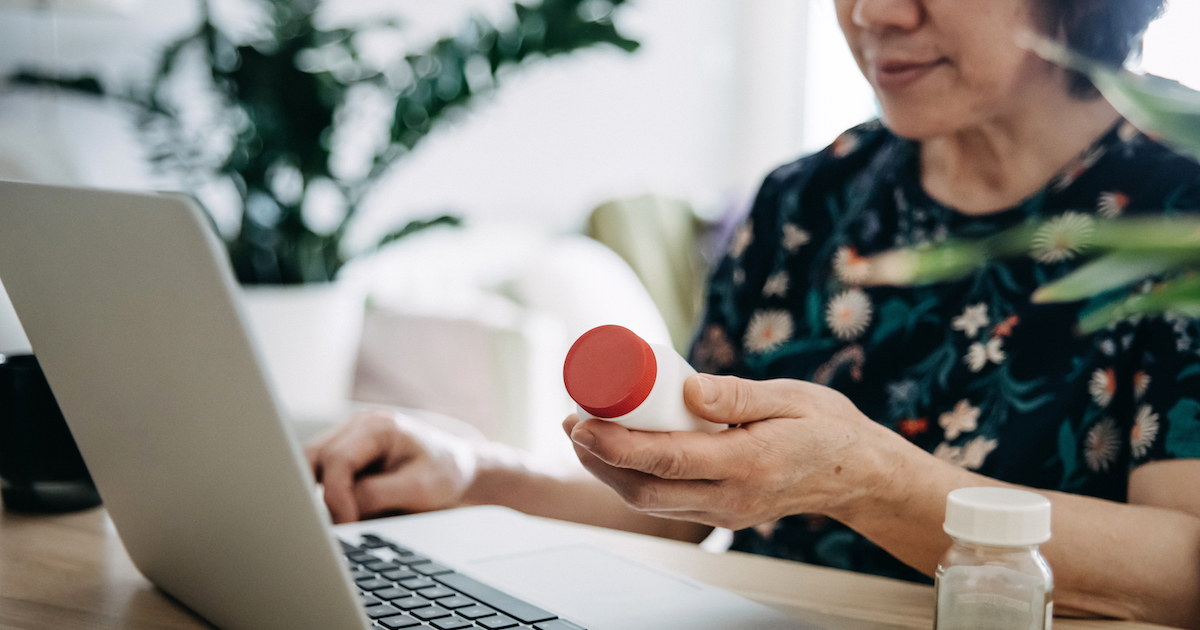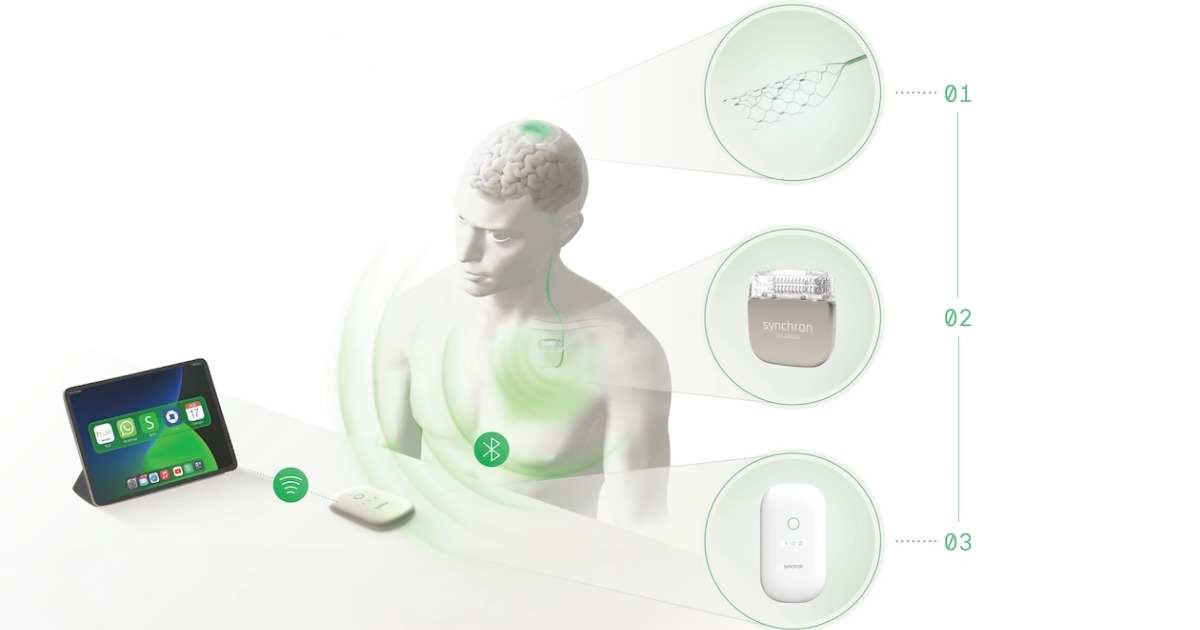Robert S. Oscar, RPh, is the CEO of RxEOB, which deploys Web-based and smartphone applications to reduce the labor-intensive processes within health plans and pharmacy benefit managers (PBMs) of gathering, integrating and accessing drug claims and formulary data, processing drug prior authorizations and creating one-to-one consumer engagement communications
Q. What's the one promise of mHealth that will drive the most adoption over the coming year?
A. Sharing. mHealth promises the opportunity to inform discussions about a person’s health at the point of discussion. This could mean a patient’s conversation with a doctor or pharmacist or, just as importantly, providing a catalyst for meaningful conversations with caregivers, family members and trusted friends.
Q. What mHealth technology will become ubiquitous in the next 5 years? Why?
A. Personalized, data-driven messaging, because this brings the greatest value to individuals and interested stakeholders such as insurers, provider systems and government entities.
Q. What's the most cutting-edge application you're seeing now? What other innovations might we see in the near future?
A. We are just beginning to see the leveraging of transactional and historical information into applications and other modalities that are always available to individuals. This puts each patient in touch with his or her own information at one's convenience. Very quickly behind this will be the kind of analytical information that can combine this historical information with predictive modeling and device-entered information (weight, blood glucose monitors, etc.). This helps to produce motivating messaging that drives documentable improved health with real time reporting to complete the cycle and inform population management analytic programs.
Q. What mHealth tool or trend will likely die out or fail?
A. I wouldn’t call it “fail” - a better term might be not succeeding initially. Specifically, this might apply to diagnostic apps in smartphones (for example, a heart monitor app). Initially, there will be a couple of big hurdles such as documenting quality, consistency and outcomes as well as regulatory requirements that may need to be evolve to address changes in technology.
Q. What mHealth tool or trend has surprised you the most, either with its success or its failure?
A. Telehealth has surprised me in how slowly this trend has evolved. As a pharmacist, I found being accessible to patients at their convenience really improved communication. Frankly, face-to-face visits with other health professionals are traditionally much more difficult to work into a busy life. I would have thought some telehealth solutions could help patients receive more timely care and medical advice.
Q. What's your biggest fear about mHealth? Why?
A. Consolidation of platforms. I see a risk that the legitimate need for interoperability will lead to standards that give advantages to a few proprietary or government driven/mandated systems or requirements. My fear is that this may raise barriers to innovation.
Q. Who's going to push mHealth "to the next level" – consumers, providers or some other party?
A. mHealth will be driven to the next level by the convenient availability of useful products and services. Specifically, this will be driven by consumers who want access to information that’s tailored to their needs. Payers will be key suppliers because they have consolidated data sets and the responsibility to use resources wisely.
Q. What are you working on now?
A. Consumer engagement technologies, powered by the integration of data from disparate sources. These are being supported by evolving analytic tools that will allow for measurement of personalized programming outcomes and the tools to evaluate the comparative effectiveness of these solutions.


